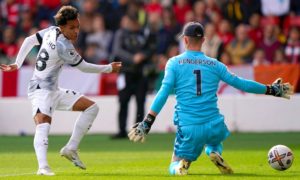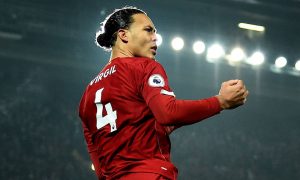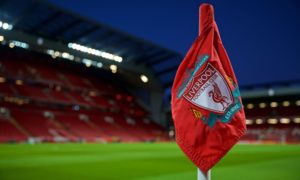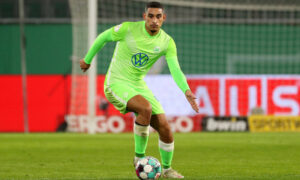With the rise of betting apps over the past decade or so, a number of sites have been able to make millions from people gambling on the sport whilst also falling victim to numerous exploits and Liverpool FC has been involved in some of the biggest betting scandals in football history.
The 1915 betting scandal
The first scandal to involve Liverpool came well before the invention of these new apps however, when four Liverpool players (Tom Fairfoul, Tom Miller, Bob Purcell and Jackie Sheldon) were banned after their game against Manchester United in what has become known as the ‘1915 betting scandal’
Before kick-off, the four men had hatched a plan to rig the game in United’s favour after being approached by a third party – gifting the hosts with a 2-0 win at Old Trafford which would allow them to avoid relegation.
Accounts of a dressing room row occurred at half time with those not involved refusing to continue with the game, before Liverpool forward Fred Pagnam received abuse from his teammates on the pitch after he almost ruined the bet with his shot which hit the crossbar.
Bruce Grobbelaar – 1994
In 1994, ex Liverpool goalkeeper Bruce Grobbelaar also went on trial for taking a £40,000 bung to concede goals against Newcastle United before he was charged with conspiracy to corrupt. Unlike the men responsible for the 1915 scandal however, Grobbelaar was allowed to continue playing for the Reds after he pleaded not guilty and jurors from two successive trials were unable to agree on a verdict.
Grobbelaar then attempted to sue ‘The Sun’ newspaper who had accused the Zimbabwean international of match fixing, but the tabloid successfully appealed the case and ordered him to pay their legal costs of around £500,000. Shortly afterwards, Grobbelaar announced that he was unable to pay and he was declared bankrupt.
Meanwhile, ex Liverpool midfielder Dietmar Hamann also suffered from gambling problems during his playing days for the Reds and stated in his autobiography titled ‘The Didi Man’ that he once lost over £280,000 on a cricket match between Australia and South Africa.
The Champions League Match Fixing Scandal – 2013
In 2013, the football club was caught up in one of football’s biggest ever match fixing scandals after a Singapore based crime syndicate paid huge sums of money to rig games at the highest-level including Liverpool’s match against Debrecen VSC.
Although the Reds were not under any suspicion themselves, it was reported that Debrecen’s goalkeeper (Vukasin Poleksic) had been paid to ensure that he conceded more than two goals in a game which saw the keeper palm a shot from Fernando Torres into the path of Dirk Kuyt to win the game 1-0.
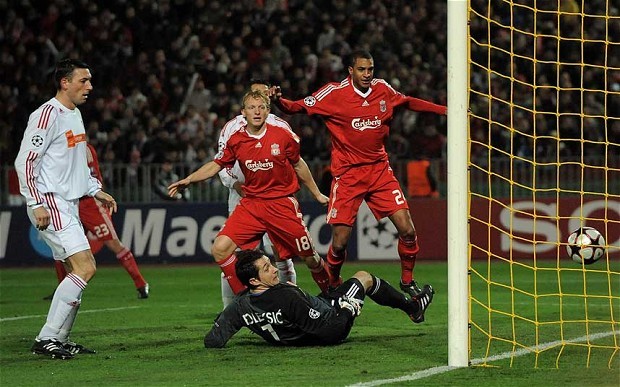
Both Debrecen and EUFA disciplined the goalkeeper for not reporting approaches from the fixers and banned him from playing with the club for two years. Europol (the European Union’s criminal intelligence agency) looked into over 680 matches at the time and stated that the suspected matches also included “World Cup and European Championship qualifiers, two Champions League ties and several top football matches in European leagues”.
Daniel Sturridge – 2019
Former Liverpool striker Daniel Sturridge was issued with a six-week suspension and a £75,000 fine in July of 2019 after being found guilty of breaching betting rules on two occasions during the January 2018 transfer window.
At the time, Sturridge had been heavily linked with a move to both AC Milan and Sevilla given that his importance in Jurgen Klopp’s side was beginning to dry up, and he had instructed his brother to place bets on both of these moves.
In a statement which the striker made after the verdict, he said “I am pleased that the panel found me to be an honest and credible witness, and that my actions on that particularly difficult day were out of character.” The FA later decided that the initial ban and fine had been too lenient though, and subsequently banned him from all football activity until June 2020 and doubled the fine to £150,000.
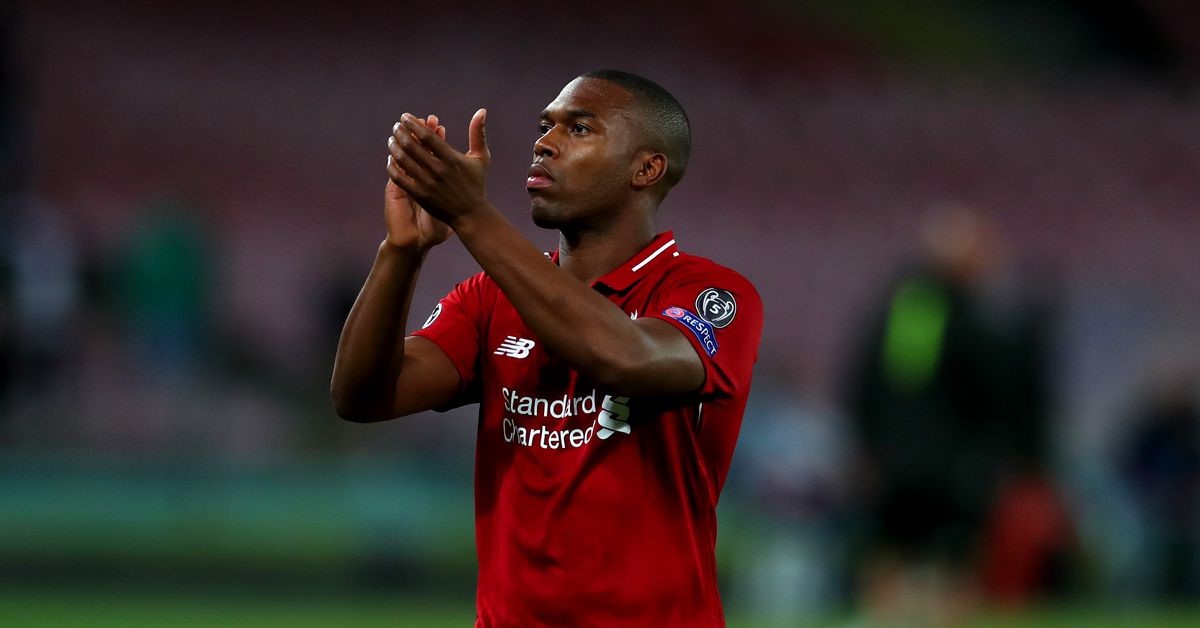
Although individual scandals like this one do not compare to the 2013 betting scandal mentioned above or instances such as Marseille being stripped of their Ligue 1 and Champions League cups in 1993 after telling the opposition to ‘go easy’ on them in return for a large sum of cash, it is important for footballing authorities to clamp down on these occurrences and continue to ensure that football leagues from across the world are as fair and equal as possible.



